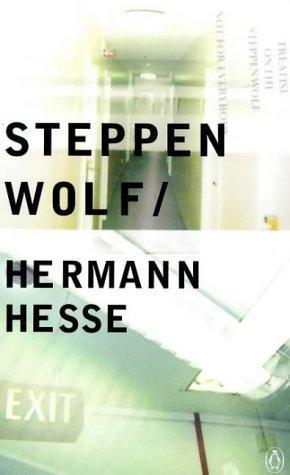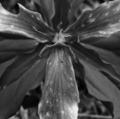PanaX@bookwyrm.social recenzis Steppenwolf de Hermann Hesse
Review of 'Steppenwolf' on 'Goodreads'
4 steloj
Disclaimer: If you are struggling with depression, I would skip this one.
That being said, as a long time Hesse adorer, I found this particular book difficult to get into. I found myself, many times, wanting to put it down in favor of something else. But I continued by sheer will alone and found the ending to be among the best I have ever read. From the masked ball to the magic theater, what a fevered dream of imposing dialogue and candid internal dialogue.

